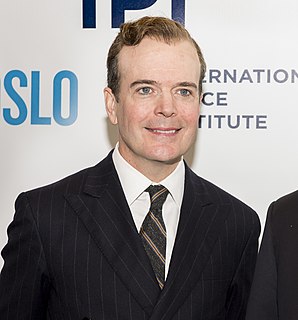A Quote by Thomas Carlyle
Literature is the thought of thinking souls.
Quote Topics
Related Quotes
I have nothing but great respect for great scholars. But I was in grad school in the '80s and '90s, at the height of the theory craziness. It had a big part in why I ended up becoming a writer rather than a scholar, because I thought, "I just can't play these games." I was interested in literature because I loved literature, and so much of the theoretical positioning, at that moment 25 years ago, was antagonistic to literature. You know, trying to show that Jane Austen is a terrible person because she wasn't thinking about colonialism.
Prayerless souls are Christless souls, Christless souls are Graceless souls and Graceless souls shall soon be damned souls. See your peril, you that neglect altogether the blessed privilege of prayer! You are in the bonds of iniquity, you are in the gall of bitterness. God deliver you, for Hisname's sake!
Awareness is not the same as thought. It lies beyond thinking, although it makes no use of thinking, honoring it's value and it's power. Awareness is more like a vessel which can hold and contain our thinking, helping us to see and know our thought as thought rather than getting caught up in them as reality.







































